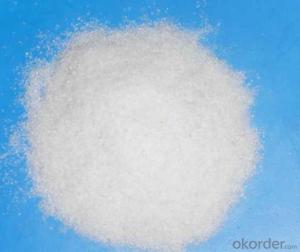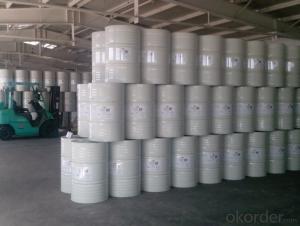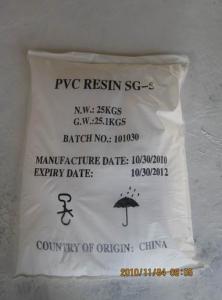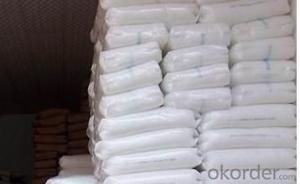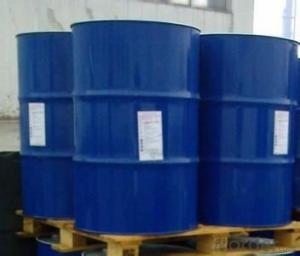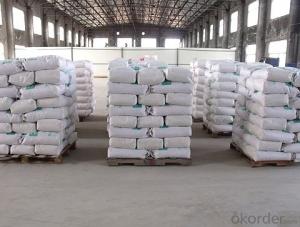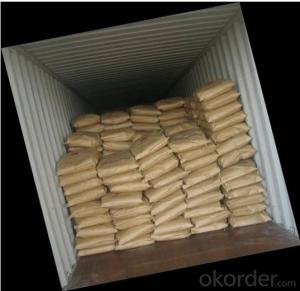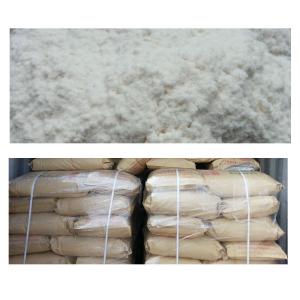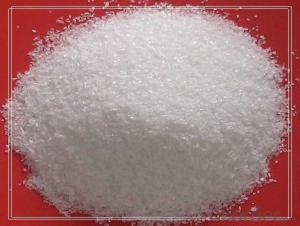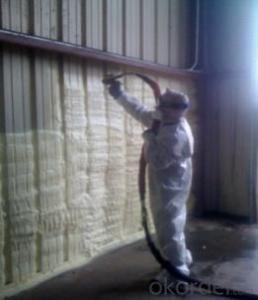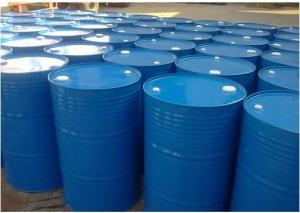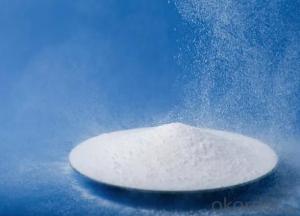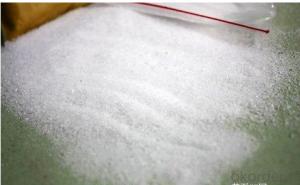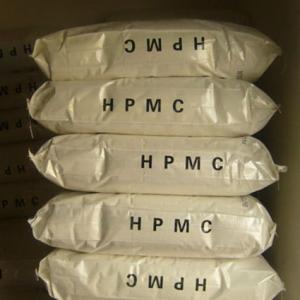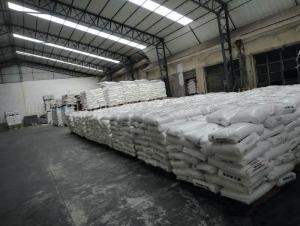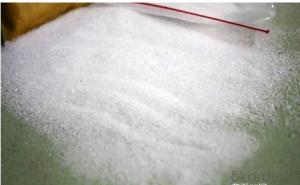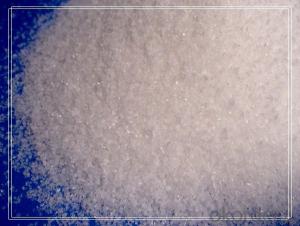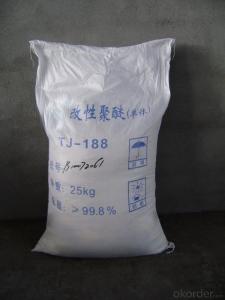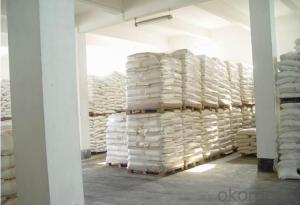All Categories
- - Steel Wire Rod
- - Steel Coils
- - Steel Profiles
- - Steel Pipes
- - Stainless Steel
- - Tinplate
- - Special Steel
- - Steel Sheets
- - Steel Rebars
- - Steel Strips
- - Hot Rolled Steel
- - Cold Rolled Steel
- - Pre-painted Steel
- - Seamless Steel Pipe
- - Welded Steel Pipe
- - Hollow Steel Tubes
- - Galvanized Pipe
- - Stainless Steel Coil
- - Stainless Steel Sheet
- - Stainless Steel Plate
- - Stainless Steel Strips
- - Electrolytic Tinplate Coil
- - Electrolytic Tinplate Sheet
- - Stainless Steel Rebars
- - Solar Panels
- - Solar Water Heater
- - Solar Related Products
- - Solar Inverter
- - Solar Cells
- - Solar Light
- - Solar Energy Systems
- - Solar Controllers
- - Solar Mounting System
- - Solar Pump
- - Solar Chargers
- - Fiberglass Chopped Strand
- - Fiberglass Mesh Cloth
- - Composite Pipes
- - FRP Pultrusion Profiles
- - Fiberglass Mat Tissue
- - Fiberglass Fabrics
- - Fiberglass Mesh
- - Composite Tank
- - Fiberglass Mesh tape
- - Polymer
- - FRP Roofing Panel
- - Fiberglass Roving
- - Monolithic Refractories
- - Ceramic Fiber Products
- - Refractory Bricks
- - Raw Materials For Refractory
- - Suspended Platform
- - Cranes
- - Concrete Machinery
- - Earthmoving Machinery
- - Building Hoist
- - Road Building Machinery
- - Plastic Pipe Fittings
- - Plastic Tubes
- - Plastic Sheets
- - Agricultural Plastic Products
- - Plastic Nets
 All Categories
All Categories
Q & A
How do polymers interact with different solvents?
Polymers interact with different solvents through a process called solvation, where the solvent molecules surround and interact with the polymer chains. The nature of this interaction depends on the chemical composition of both the polymer and the solvent. Some solvents can dissolve the polymer completely, leading to a homogeneous solution, while others may cause swelling or partial dissolution. The solvents' polarity, hydrogen bonding capability, and affinity for the polymer's functional groups play a significant role in determining the extent of solvation. Additionally, the size and flexibility of the polymer chains also influence the solvation process.
What are the main factors affecting polymer degradation?
The main factors affecting polymer degradation include exposure to heat, light, oxygen, moisture, and chemical substances. These factors can cause the polymer chains to break down, resulting in a loss of physical and mechanical properties. Additionally, factors like the polymer's molecular structure, processing conditions, and additives used can also influence the rate of degradation.
What are the different types of polymer additives and their functions?
Polymer additives are substances that are added to polymers to enhance their properties and performance. There are various types of polymer additives, each serving a specific function. Some common types include:
1. Plasticizers: These additives increase the flexibility and workability of polymers, making them more pliable and easier to process.
2. Stabilizers: Stabilizers are used to prevent the degradation of polymers due to exposure to heat, light, or oxygen. They enhance the lifespan and durability of the polymers.
3. Antioxidants: These additives protect polymers from oxidative degradation caused by exposure to air or other reactive substances, helping to maintain their physical properties.
4. Flame retardants: Flame retardant additives reduce the flammability of polymers, making them less prone to catching fire or spreading flames.
5. Colorants: Colorants are additives that give polymers their desired colors. They can enhance the aesthetic appeal of the material or help differentiate different polymer products.
6. Fillers: Fillers are added to polymers to modify their mechanical properties, such as strength, stiffness, or thermal conductivity. They can also reduce costs by extending the volume of the polymer.
7. Lubricants: Lubricants reduce friction between polymer surfaces, improving their processability and preventing sticking or clumping during manufacturing.
8. Impact modifiers: These additives enhance the impact resistance of polymers, making them less likely to crack or break under mechanical stress.
9. UV stabilizers: UV stabilizers protect polymers from the damaging effects of ultraviolet (UV) radiation, preventing discoloration, embrittlement, and degradation.
Overall, polymer additives play a crucial role in tailoring the properties of polymers to meet specific requirements, such as flexibility, durability, flame resistance, color, or UV protection.
What is blow molding and how is it used for polymer processing?
Blow molding is a manufacturing process used to produce hollow plastic parts by inflating a heated plastic tube, called a parison, inside a mold until it takes the shape of the mold cavity. This technique is commonly used for the production of bottles, containers, and other hollow plastic products. Blow molding offers advantages such as high production rates, cost-effectiveness, and the ability to create complex shapes. It is widely used in the polymer processing industry due to its efficiency and versatility in producing various plastic products.
Wholesale Polymer from supplier in Zambia
Whether you are looking for sales, technical support, or procurement services, we are here to assist you every step of the way. Our team of experts will ensure that you receive the best Polymer products that meet your specific requirements. Trust us to be your reliable partner in the Zambia market, and together, we can achieve mutual success.
Hot Search
- Fiberglass Chopped Strand in Eritrea
- Fiberglass Mesh Cloth in Bangladesh
- Composite Pipes in British
- FRP Pultrusion Profiles in Kuwait
- Fiberglass Mat Tissue in Brunei
- Fiberglass Fabrics in Papua New Guinea
- Fiberglass Mesh in Gabon
- Composite Tank in Canada
- Fiberglass Mesh tape in Grenada
- Polymer in Ethiopia
